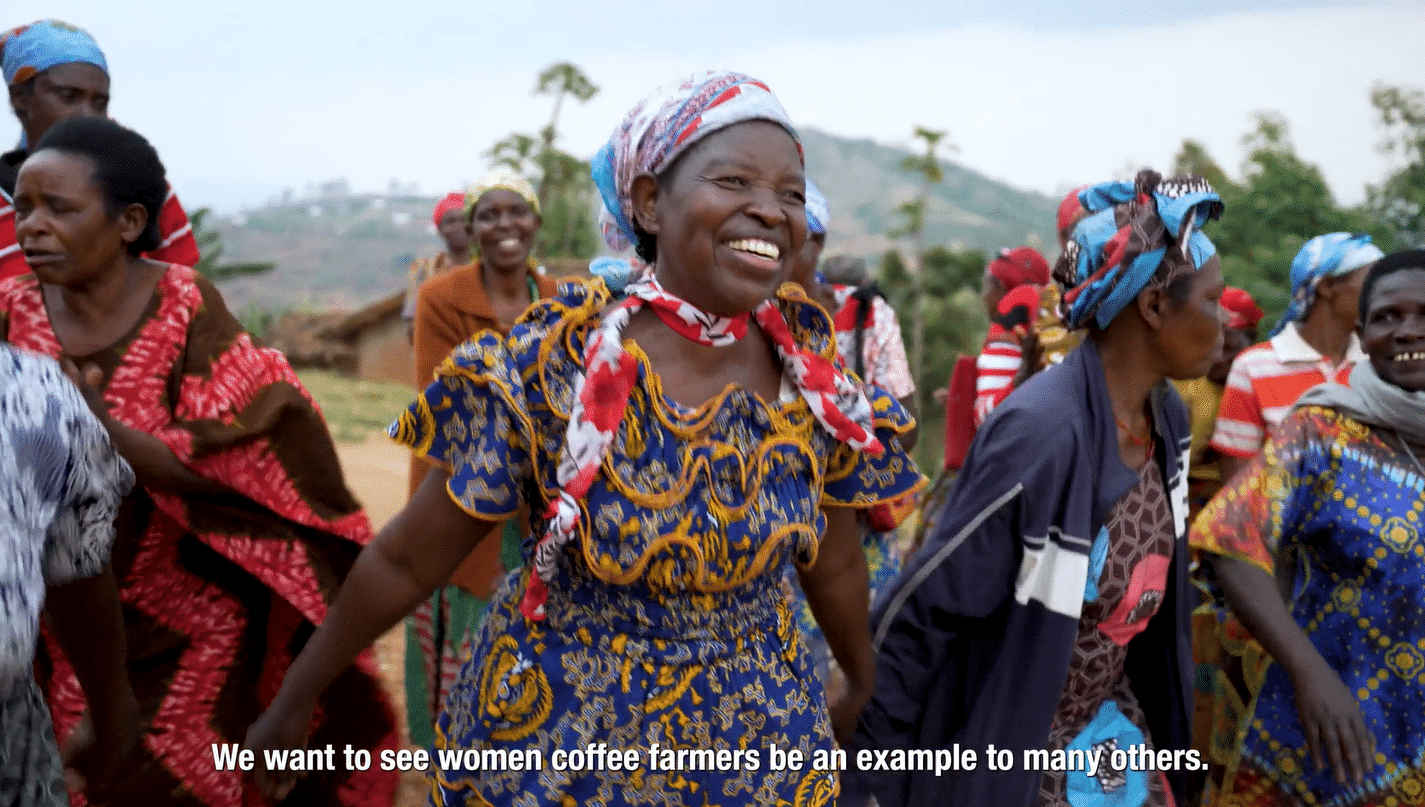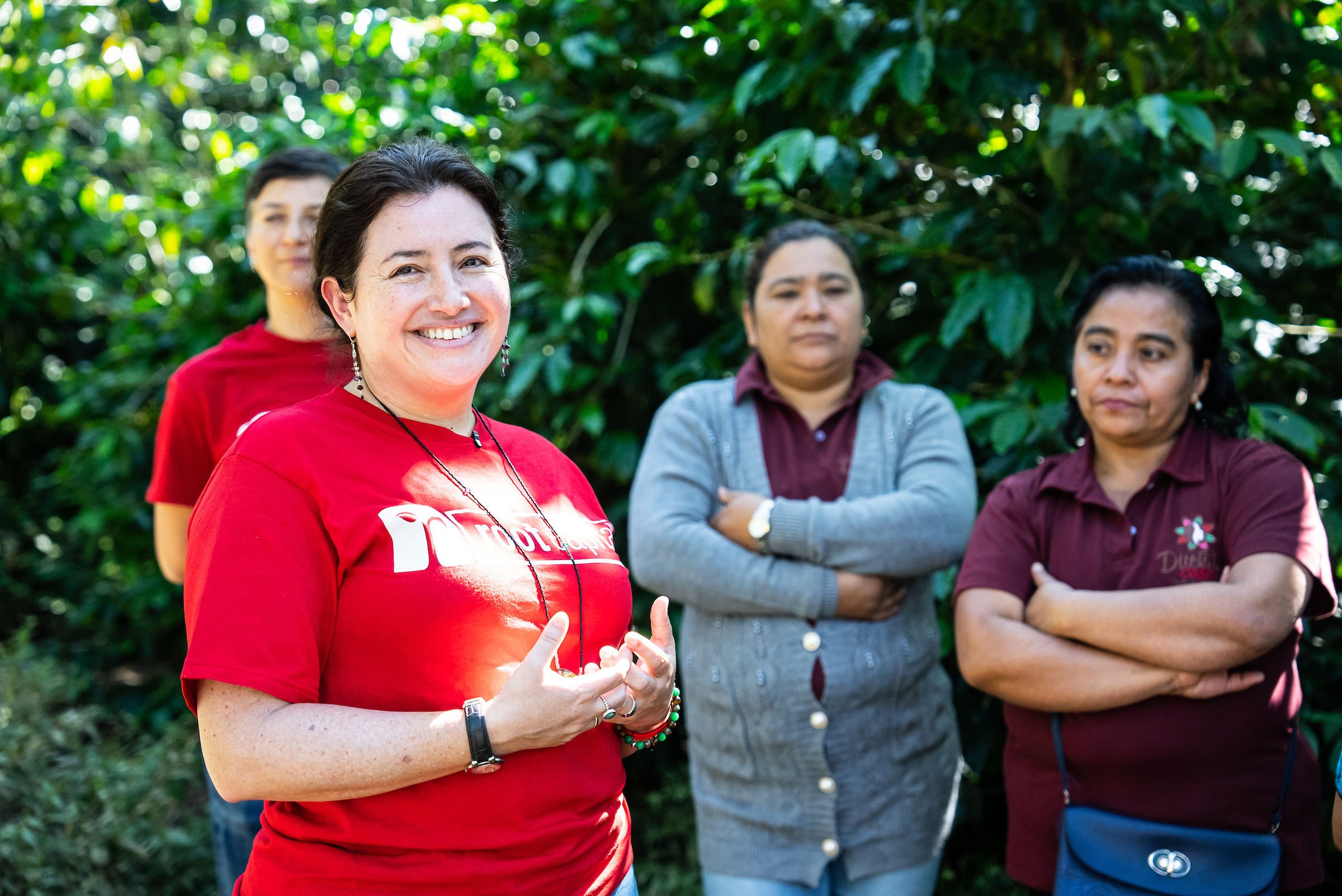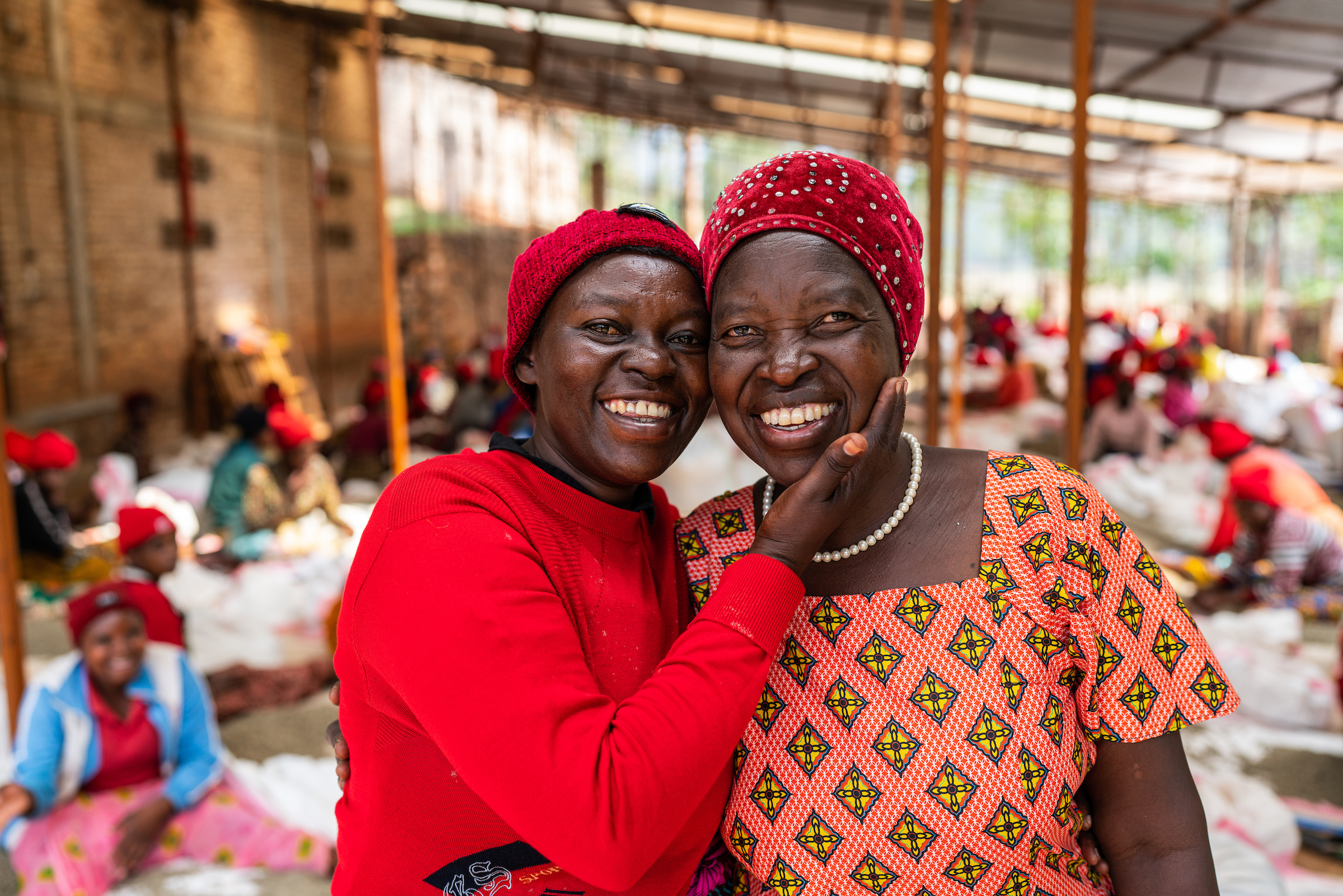
In Ghana, women from the northern region often travel south after the soy and maize harvest to earn additional income. In doing so, they expose themselves to extreme vulnerabilities, including sleeping outdoors, sexual assault, contraction of HIV, and unplanned pregnancies.
Portia Gban wanted to find a solution—a way to curb the need for women to migrate and to offer them more secure and stable livelihoods. But the barriers to women’s financial independence in the northern farming region are great. Culturally-based biases mean men’s farms are prioritized and resources are directed toward them at harvest time. Meanwhile, women rarely own land, are marginalized in decision-making processes, and are typically excluded from accessing community resources like tractors. Despite playing major roles in the agricultural value chain, women often don’t get their fair due.
How the Sungbo Women Empowerment Organization Got Its Start
A former child bride, Portia left her abusive marriage determined to help other women in similar situations. She wanted to ensure women fleeing marriages wouldn’t be left destitute, and she saw farming as a key vehicle for women to generate their own income. She borrowed money from her aunt to begin her small business, Sungbo Women Empowerment Organization (SWEO), in 2018. Sungbo means “let’s come together” in Portia’s mother tongue. Portia understood that entrepreneurship was her path forward—a way to ensure a sustainable livelihood for herself and her daughter.
Portia started SWEO by convincing 16 women to join her. Initially, she organized the women farmers, who were working with no pay, into groups to empower them economically. But she faced backlash from many local men who bristled at the idea of gender equality.
SWEO provides access to machinery for women farmers and works in the soybean, maize, and shea butter value chains to create more stable year-round employment for local smallholder farmers. Portia originally chose soybean and maize because they are critical crops in the local value chain and are in demand all year in Ghana. The business then expanded from aggregating soybean and maize into providing agricultural inputs to women producers for the processing and refining of shea butter into cosmetic products. Today, SWEO works with 1,200 farmers, of which 1,100 are women and 800 are under age 35.
Partnering With Root Capital
Since 2022, Root Capital has supported SWEO with advisory services, a Talent Partnership accounting intern, and a Bankability Resilience Grant to procure, install, and train staff in accounting software and financial systems. Advisory support in areas such as strategic and financial planning, internal controls, and business management paved the way for SWEO to secure its first Root Capital working capital loan in 2023. This financial support has enabled SWEO to acquire new offices.
SWEO, under Portia’s direction, has mechanized many aspects of its business, which has led to strong agricultural yields, improved efficiency and additional income. The business has, over time, also worked to diversify the value chains it operates in, a tactic that has ensured income diversification for its farmers and provided a way to hedge against price volatility in any one commodity market.
Visionary Leadership and Recognition
In 2021, Portia was honored as the best quality soybean farmer for the Wa East District by Ghana’s Ministry of Food and Agriculture. To recognize Portia’s commitment to improving women’s rights and eradicating poverty through agriculture, we invited her to become a founding member of Root Capital’s Women’s Council. She participated in the first Women’s Council convening in Kenya in September 2023, where she shared her story of founding SWEO and the challenges she’s overcome along the way.
We are proud to partner with resilient, accomplished women, like Portia, through initiatives like the Women’s Council. It is a testament to her to see how quickly SWEO has grown and scaled its business in the last six years. Looking forward, Portia is unwavering in her commitment to women’s empowerment, noting her short-term goals are to increase the number of women in leadership positions at SWEO and train local young people in income-generating activities.
You may also be interested in...

VIDEO: Celebrating 10 Years of Our Women in Agriculture Initiative
Approximately, 2.5 billion people worldwide rely on small-scale agriculture for their livelihoods. Most of them live
Date:

Closing the Gender Gap in Agricultural Finance: A Shared Commitment
Thirty-six percent of women globally and more than sixty-five percent of women in regions such as sub-Saharan Africa and South Asia earn their living from the agriculture sector. Yet, women receive only seven percent of total agricultural investment…
Date:

Announcing Our New Women in Agriculture Annual Report
Women members of Koperative Abahuzamugambi Ba Kawa (Maraba), a coffee cooperative in Huye District, Rwanda. Photo
Date:

